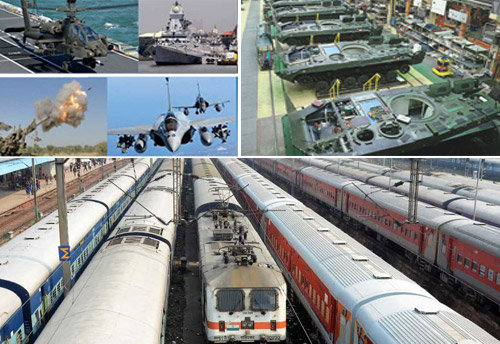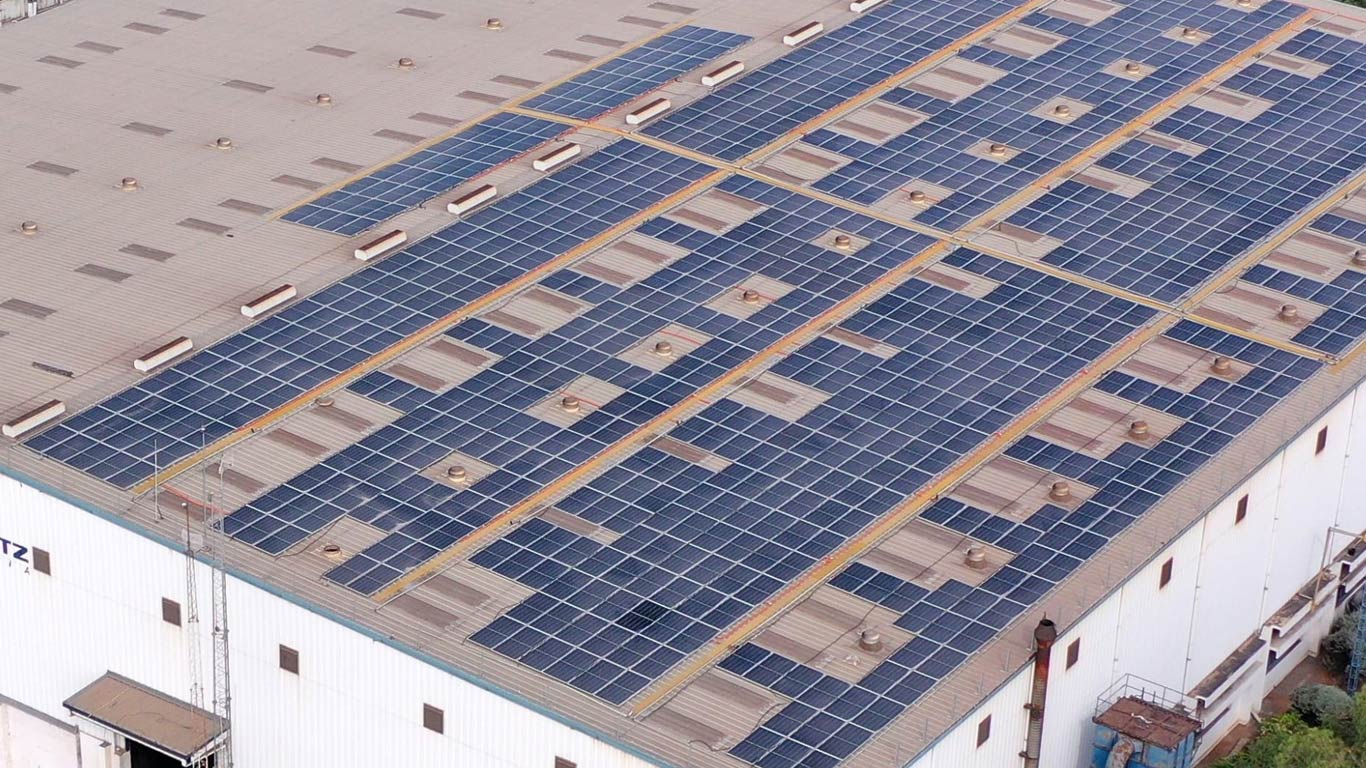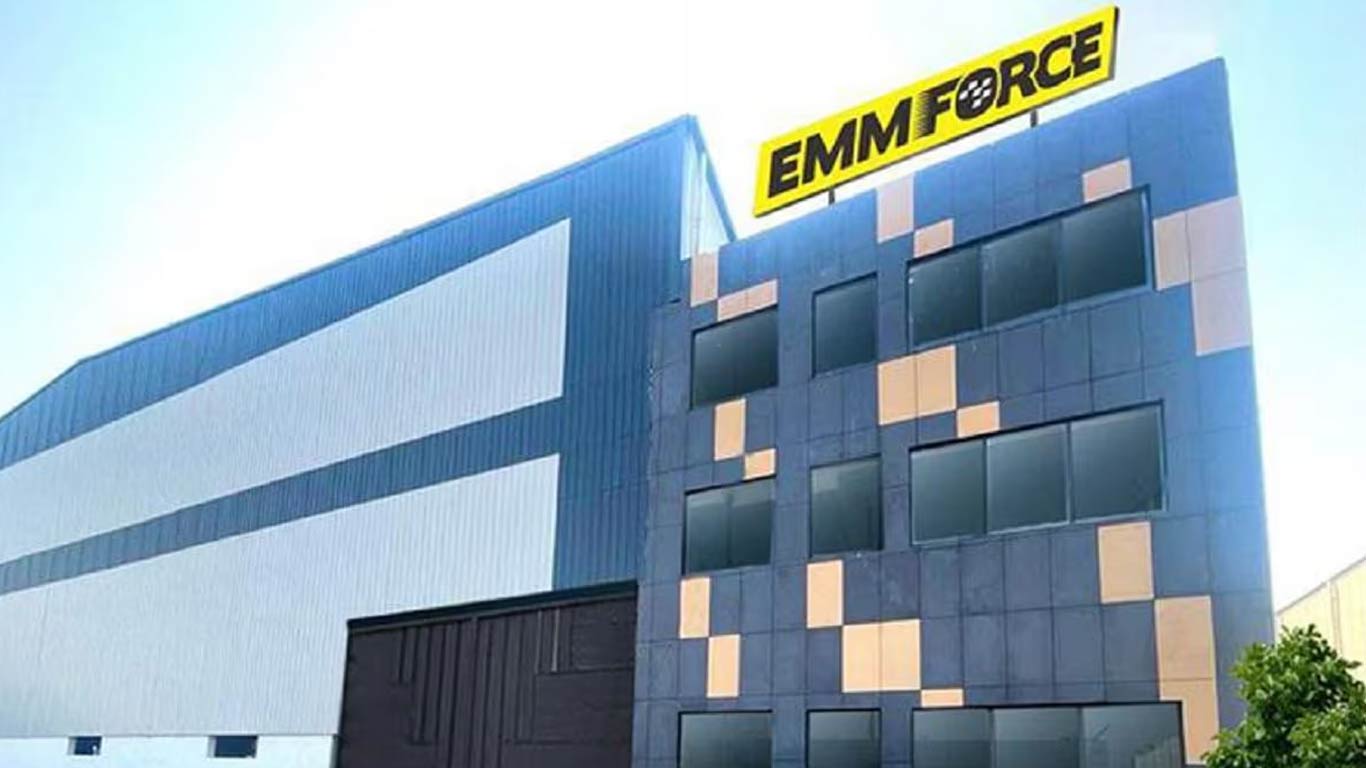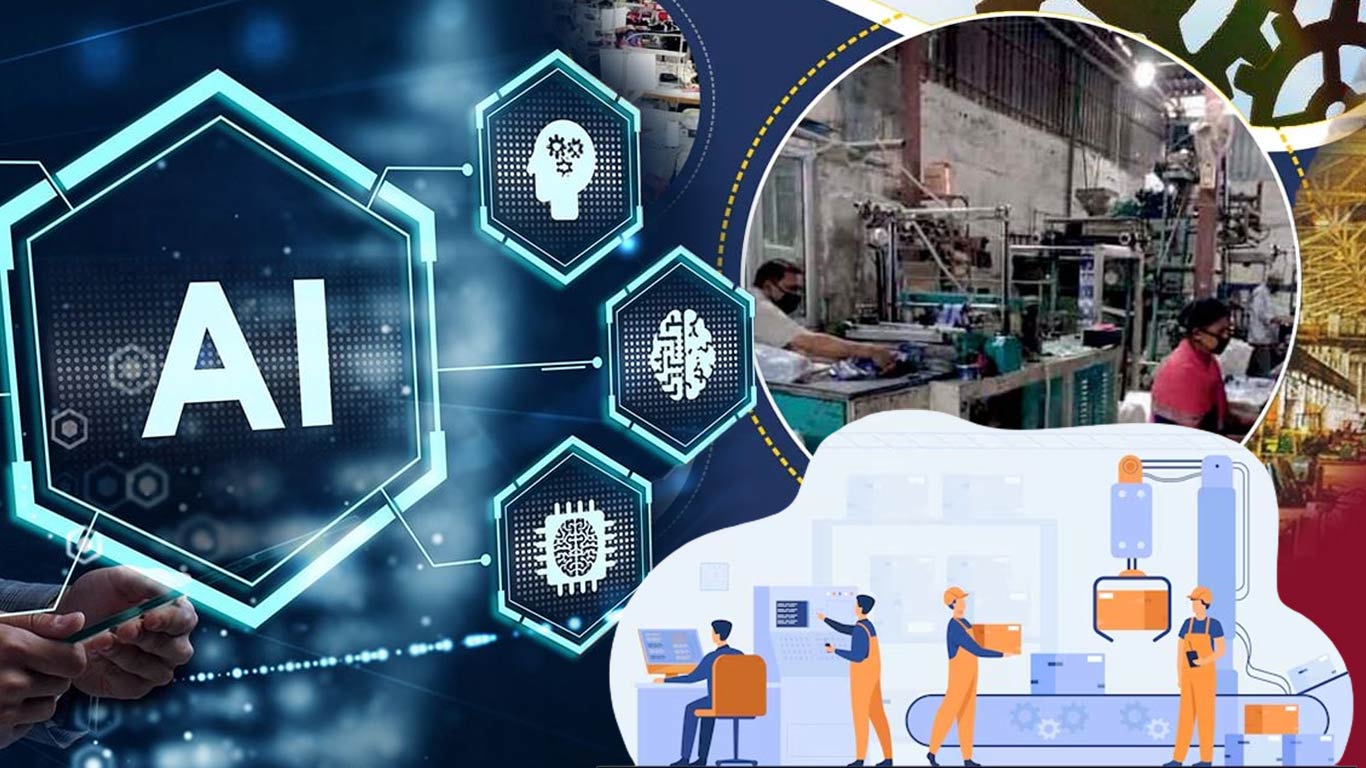FISME submits Memo to Govt against restrictive conditions for MSMEs in Railways and Defence Tenders
Updated: Jul 04, 2020 09:06:40am

FISME submits Memo to Govt against restrictive conditions for MSMEs in Railways and Defence Tenders
New Delhi, Jul 4 (KNN) Seeking a level playing field for Micro, Small and Medium Enterprises (MSMEs), the leading Indian MSME body has submitted a memorandum to Government detailing various restrictive conditions being used in tenders floated by Defence and Railways to crowd out MSMEs.
According to Federation of Indian Micro and Small & Medium Enterprises (FISME), the Public Procurement is an extremely important market segment for MSMEs especially because in India the size of public procurement is almost equal to one third of India’s GDP and that 25% of central purchases are reserved for MSEs.
“But MSMEs are often the ones that have to bear the brunt of powerful corporate, in the realm of Public Procurement and are crowded out through restrictive practices like setting Pre-qualification criteria (PQRs) in favour of few large companies, introducing dubious Product Standards and tweaking Technical Specifications”, the report cited.
Citing the restricting conditions in Railways, the Memo highlighted how in tenders floated by Central Organisation for Railway Electrification, DFCC and Metro, the quantum and value of tender is increased manifold by Composite Works (Civil, Electricals, S&T etc) leaving space for only two-three mega players.
Even when the value of tender is below Rs. 200 crores, as has been the case of Mumbai Metro’s EPC tenders, the purchaser used highly restrictive qualifying requirements to push out MSMEs.
The Memo says that entry of new players in Railways is controlled by a cumbersome Supplier Approval Process of RDSO usually stretching upto 3 to 4 years.
“While the rigour of the process cannot be questioned, but the lack of transparency and inordinate delays can surely be minimized through a detailed review as the process is often misused to tire out new entrants maintaining the clique of few suppliers”, the Memo noted.
The reports also complained that delays and losses during project execution in Railways was primarily due to the haphazard planning and improper coordination among the railway departments. Railway has several bodies such as Divisional Railways, Zonal Railways, CORE/ RE having departments like Civil, Signalling and Telecommunications, Railway Electrification, etc. often with overlapping deliverables and complicated approval system in a project.
‘For a project to be executed it requires input drawings and approvals from the different departments at different stages. But because project priorities of different departments are different, which results in the delay in implementation and execution of the project’.
The Memo also brought forth issues MSME faced in Defence purchases during EoI stage itself. It has suggested that ‘for MSMEs the eligibility requirement of last “three years profit” should be relaxed to a “last three years positive net worth” in line with the Guidelines for shortlisting of Indian vendors for issue of Expression of Interest (EOI) for “Make” cases as stated in the DPP (Appendix A to Chapter 3) wherein the criterion is Positive net worth’.
Further, for ''Make II'' projects, which are supposed to be the industry funded, it has suggested that the requirements of prior turnover be removed to allow start-ups and new entrants who can offer innovative solutions.











